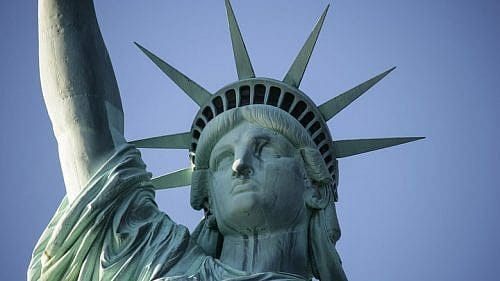Diversity, race, ethnicity, and privilege

I am an American. That designation being insufficient for purposes of the diversity-accountants of the modern civil-rights movement, I am a straight, cis-gendered male of European ancestry, particularly Irish. Apparently, this means that I am the product of privilege. I am, in the sense that that I was born into a family with two loving parents, grew up in a nice town with a good public school system, and haven't been racially profiled (with the exception of a college summer flight from Dublin to London during a period of IRA bombings in England, where I, with my backpack and two weeks' growth of red beard, was pulled out of line and grilled for 20 minutes on my plans – I survived the encounter).
[perfectpullquote align="full" cite="" link="" color="" class="" size=""]Read more about diversity HERE[/perfectpullquote]

